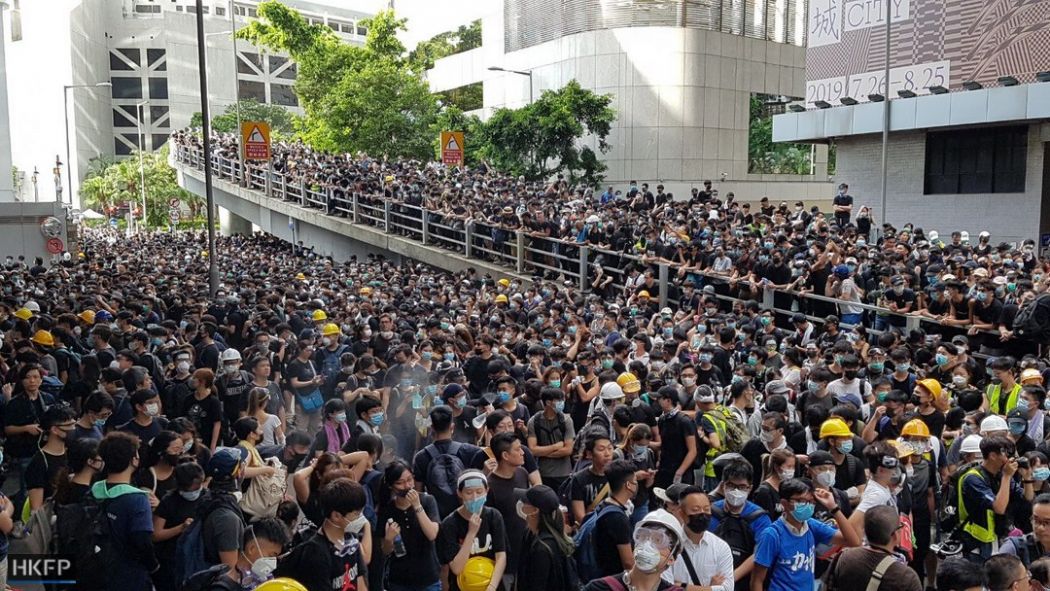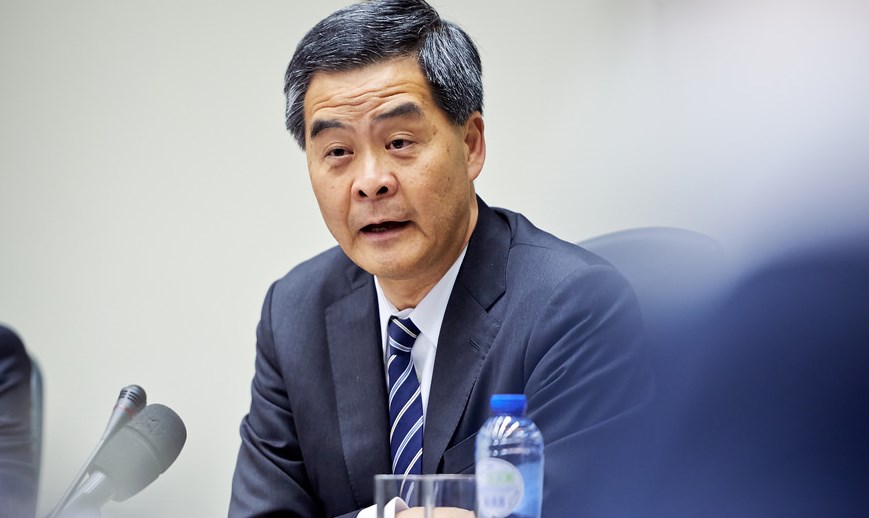Humans are great pattern detectors. Our ability to link causes with effects is one of the remarkable advantages we enjoy as a species. Being able to explain deeper connections and meanings helps us understand the world better and avoid making mistakes.
With this in mind, the current maelstrom being played out on our streets deserves a closer look regarding its deeper causes.

Most of the media and the public appear to agree with the consensus view that Chief Executive (CE) Carrie Lam Cheng Yeut-ngor was tone deaf in her response to the proposed amendment to the extradition law. Because of her incapacity to read the public mood, her repeated mea culpa have only resulted in intransigence among the opposition who now have large numbers on their side.
But this is just a case of one CE showing an error in judgement in one instance. In fact, up until a few weeks ago, Lam’s term of office was considered to be relatively quiet, if not successful.
Therefore, we need more than one example before determining whether there is a systemic pattern of poor decision making on the part of a given person’s performance, or deciding there is an overall failure of the system.

With regard to the performances of Hong Kong’s four CEs since the handover to China in 1997, we are beginning to notice a familiar pattern. Assuming that Lam either steps down now, or at the end of her five-year term three years from now, she is looking likely to be yet another CE who is considered a failure.
It is especially telling that among the first three CEs, Tung Chee-hwa resigned mid-term, CY Leung didn’t run for a second term aware of his unpopularity, and a Donald Tsang, similarly unpopular, stepped down after his term, and ended up court.
Thus, collectively, we have witnessed a telling litmus of disappointing performances, in other words, a four-for-four pattern of generally perceived failure.
So what is the deeper common denominator here? Well, one commonality is that none of four CEs were career politicians. Rather, two of them, Tung and Leung were wealthy businessmen when appointed, while Donald Tsang and Carrie Lam were career civil servants.
And while their career experience leading up to holding the CE title gave them plenty of leadership experience within the narrow domains of business, in the case of the first two, and administration, in the latter two, it gave them neither an understanding nor any involvement in dealing with the rigors of communicating or persuading the masses.

The other commonality is that none of them had to brave the requisite rites of passage that politicians normally must endure when dealing with an electorate.
Election campaigns not only serve the purpose of informing the public of who is running for office, but also act as a kind of baptism of fire where skills related to reading the concerns of, and communicating with the public are sharpened.
In the case of our two CEs who were former career civil servants before becoming CEs, their lifelong tasks were largely to advise, implement and administer, not to rule. In other words, their experience was limited to carrying out orders, not giving them.
On the other hand, career politicians get elected and start introducing laws and giving orders based on perceived demands from the electorate, and this occurs right from the get-go in their political careers. Then as they work their way up through higher levels of government and responsibility, they gather experience in leadership, unlike career civil servants, who, even at the highest levels, only give advice or simply take orders.
The experience gathered from serving as a politician is both valuable and necessary since reading the public mood and its capricious nature is a crucial skill honed over years. And in a democracy, this ability hangs on a thread in most every election.

Could it be that our two CEs, who had virtually no practice as politicians directly answerable to the public, failed because of their lack of experience in this area?
Or perhaps, to be more generous, the two CEs were simply continuing in their roles as senior civil servants answerable to Beijing, the real political ring leader.
As for the other two CEs who were wealthy businessmen, certainly, they had long experience in making important decisions and giving orders for others to carry out. However, CEOs are answerable to customers and shareholders, not the general public, which means, just like career civil servants, they are unlikely to have experience or skills in dealing with obstreperous constituents.
Returning to the theme of our collective capacity to understand cause and effect, we have witnessed a clear pattern of failure among our CEs with at least one probable cause: the lack of hard-nosed political experience.

Admittedly, it has become obvious in recent years that even democracy is no guarantee against wealthy businessmen disguised as snake oil salesmen gaining political power and performing poorly as leaders.
However, in a town like Hong Kong, where there is at least a pretense of democracy and the associated hard knocks that come with dealing with the masses who ostensibly have a right to express their opinions, a system that allows those with real experience in politics, rather than one that offers up a continual stream of handpicked minions, provides a better likelihood of success.
The Hong Kong Free Press #PressForFreedom 2019 Funding Drive seeks to raise HK$1.2m to support our non-profit newsroom and dedicated team of multi-media, multi-lingual reporters. HKFP is backed by readers, run by journalists and is immune to political and commercial pressure. This year’s critical fundraiser will provide us with the essential funds to continue our work into next year.

